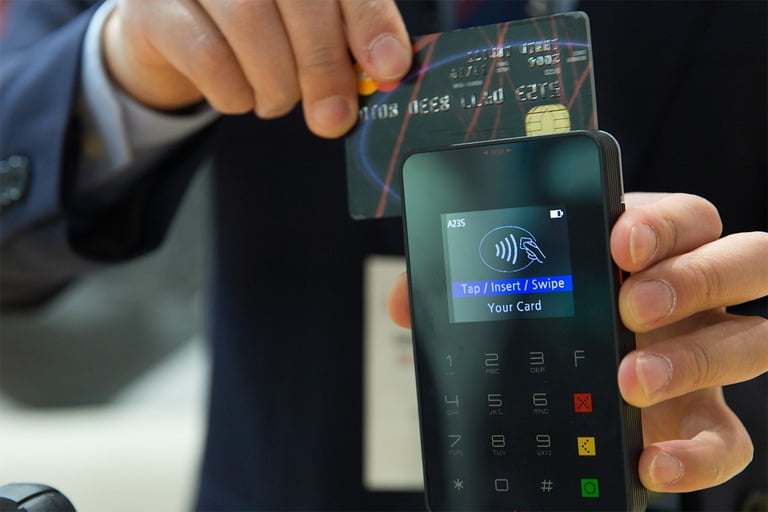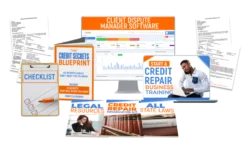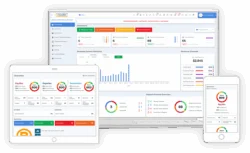The pandemic may have fast-tracked many countries into becoming cashless societies, but it’s important you understand the pros and cons of using different types of plastic for your purchases.
Pros and cons of debit cards
Debit cards are linked to your current accounts, so when you make a purchase with your debit card, the funds from the corresponding account will be taken out.
They prevent debt: For many, the advantage of debit cards is that you don’t go into debt when using them, of course this is dependent on your overdraft limits. If you don’t have an overdraft and you try to make a purchase and you don’t have enough funds in the account, your transaction could be declined.
They have no annual fees, but there could be some other ones: If you have a regular debit account, you won’t be charged an annual fee, and if you use a bank’s cash machine, you won’t be charged to withdraw any money. However, using some ATMs you could incur a charge, either a set-fee or relative to the withdrawal amount. If you become overdrawn, you will incur overdraft fees.
They’re good for small purchases but complicate big ones: Merchants pay fees to process your payments, and because debit card fees are typically lower than credit card fees, you may find that if you wish to pay by credit card there is a minimum spend. However, with debit cards any threshold tends to be much lower. Of course, if you are purchasing a big-ticket item, you may not have the funds readily available in your current account to do so.
Pros and cons of credit cards
Credit cards allow you to borrow money from a lender to make immediate purchases that can be repaid at a later date.
They can build credit or hurt it: Keeping a credit card open and using it regularly can help you build a strong credit history. Having a good credit score is important should you wish to borrow money from a lender. A good credit score demonstrates that you are safe to lend money to, and the money will be repaid. However, if you fall behind on credit card payments, your credit score could drop, which could affect your future lending.
They offer protection but can cause overspending: If you are purchasing items over £100, it’s always wise to make the purchase with a credit card. Under section 75 of the Consumer Rights Act, you are entitled to get your money back if there’s a problem. However, credit cards often come with limits that are greater than the amount of money you keep in your current account, which can lead to overspending – so careful budgeting is necessary for credit card purchases.






